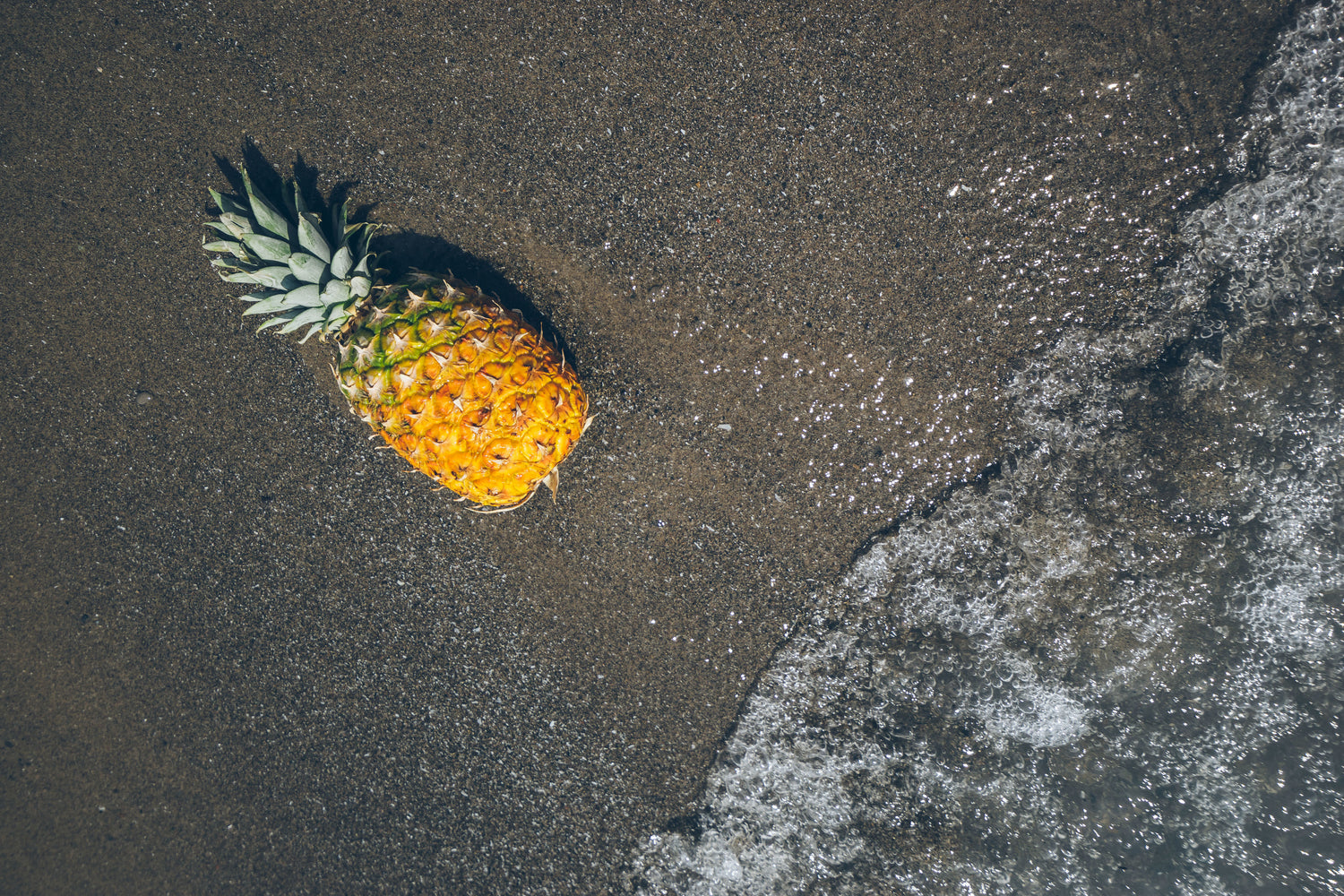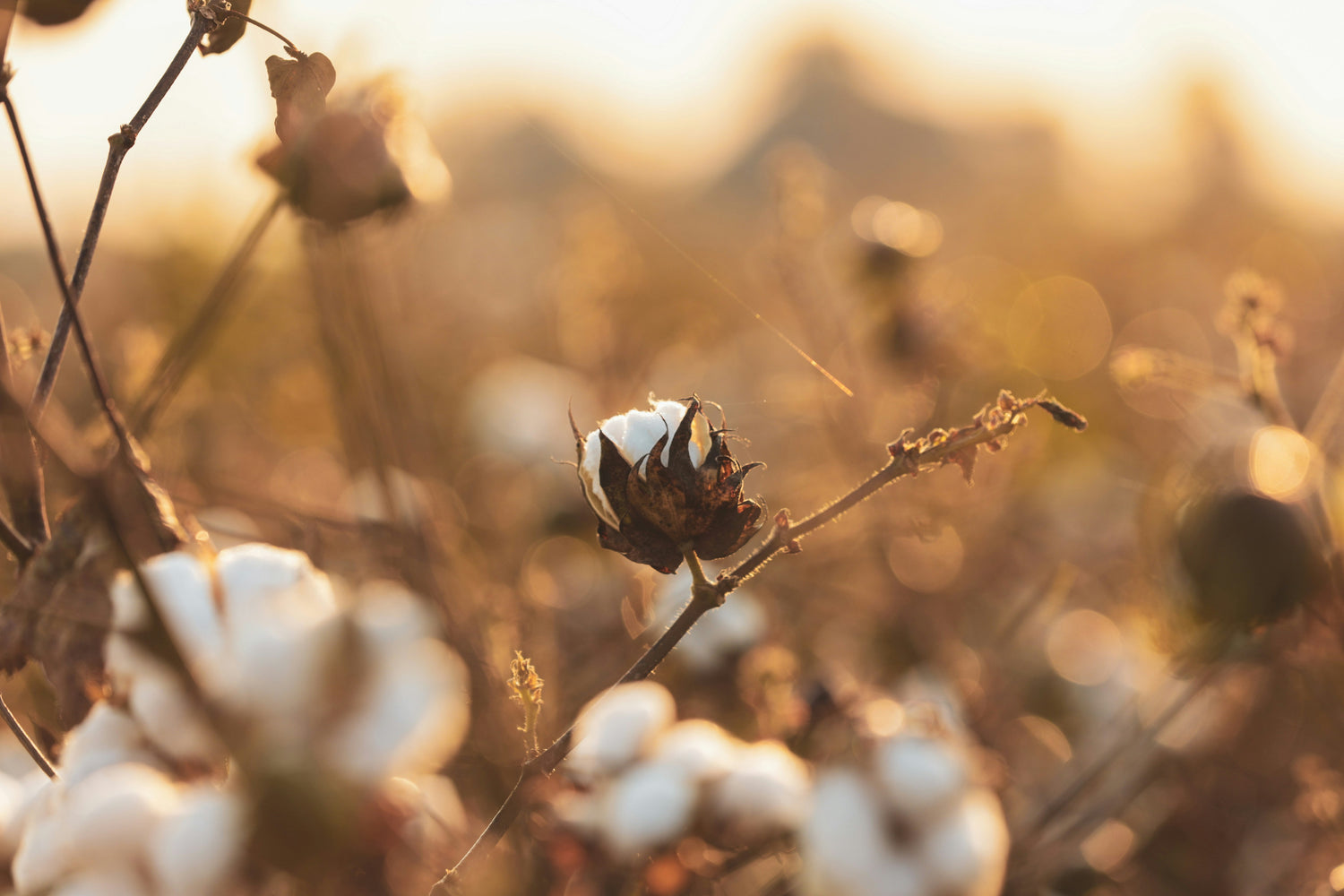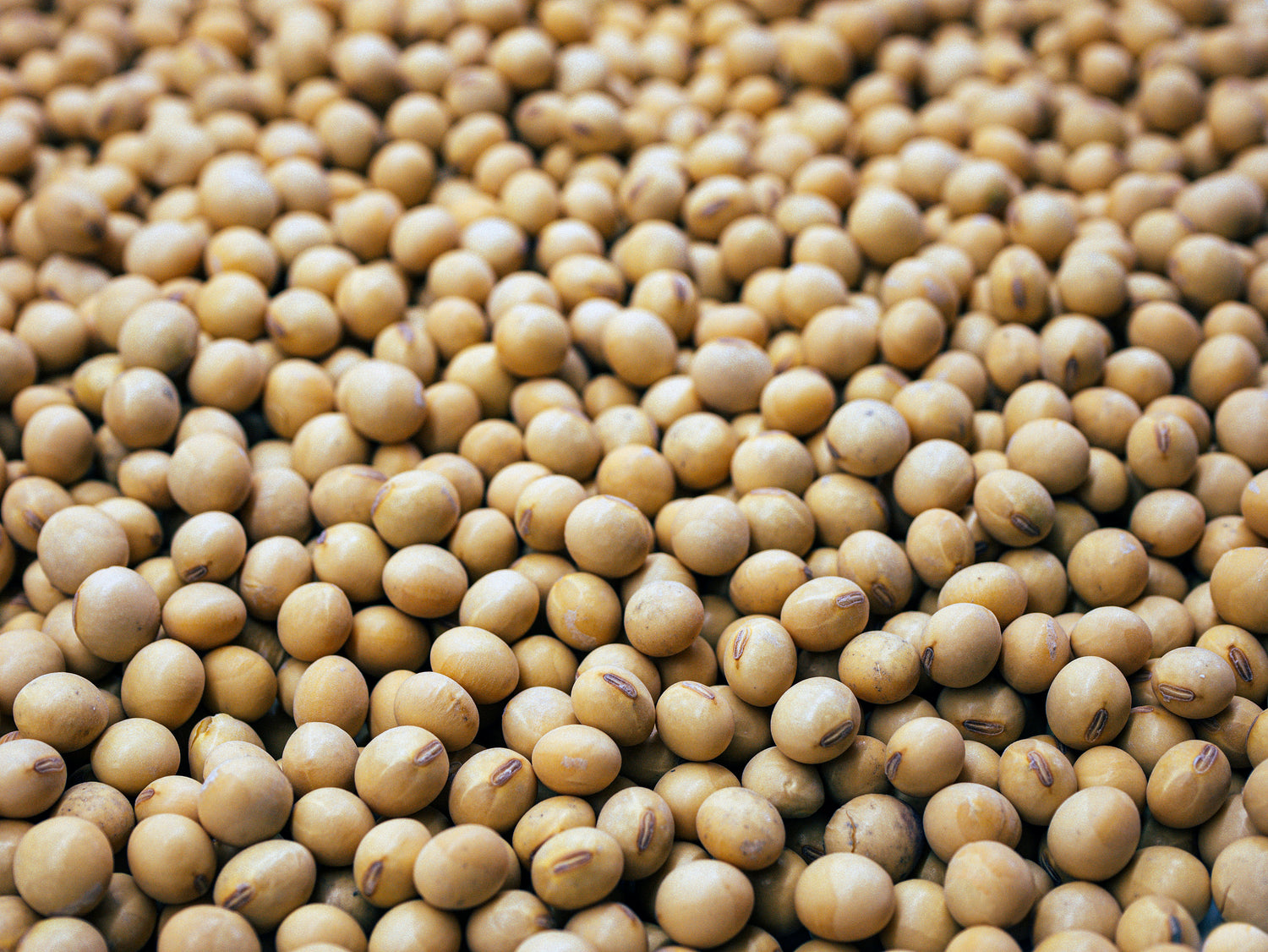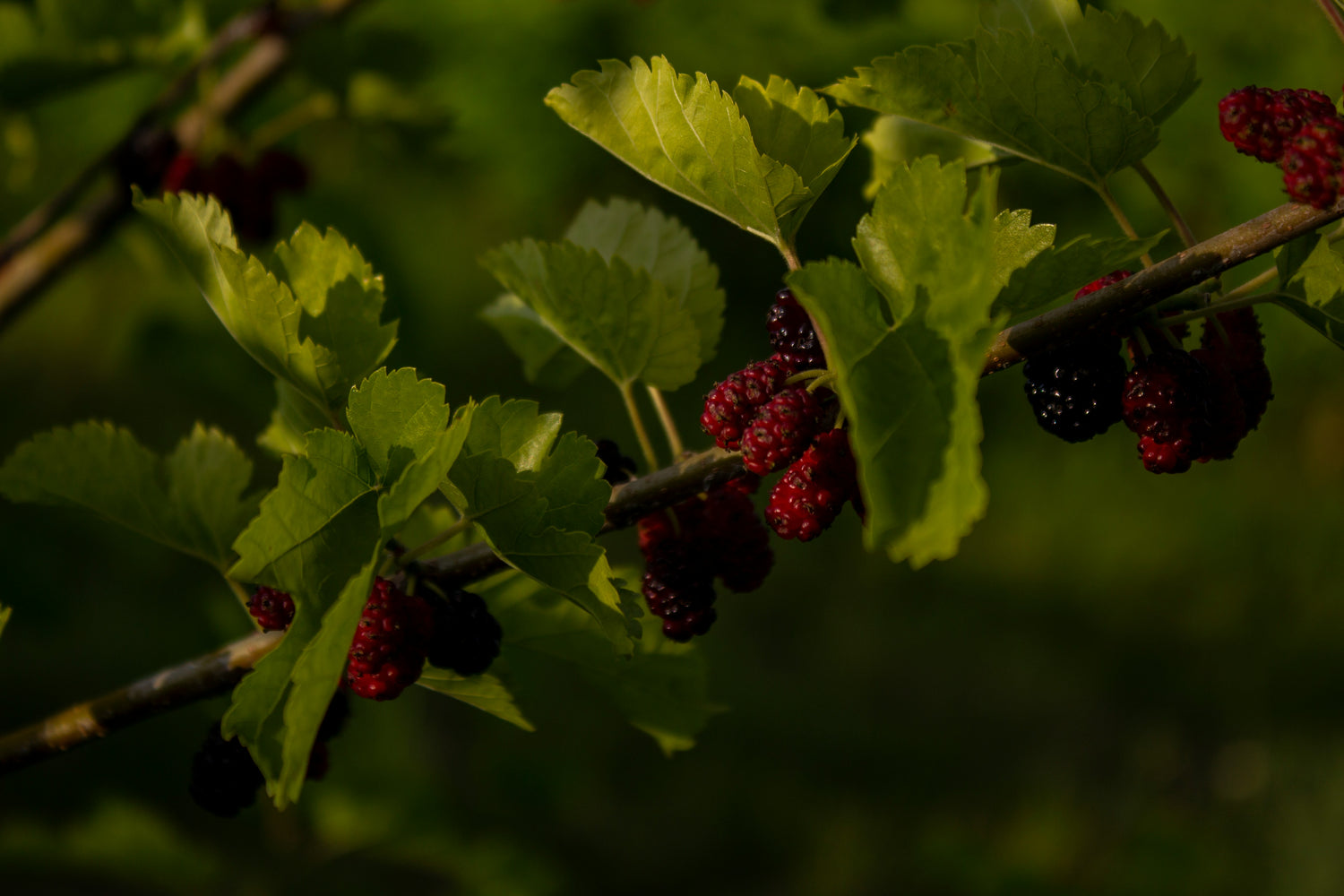Cotton, the leading source of textile used in the world.
Traditional cotton cultivation is currently the most polluting on the planet, because it requires the use of around thirty chemical products and fertilizers, not to mention a significant need for water, a resource which is becoming increasingly scarce. Today, more than 40% of cultivated areas are irrigated, making it the third largest consumer of irrigation water in the world. Namely, it takes more than 20,000 liters of water to produce 1 kg of cotton, the equivalent of a single t-shirt.
The harmful impact of this crop on our environment does not stop with its high water consumption. In its manufacturing process, many toxic products are used, many of which are allergenic and dangerous for workers, but also for ourselves. Many chemical fertilizers are also used when growing this flower to avoid pests, but also GMOs for its growth. These products pollute the soil and poison our ecosystem by causing the death of many birds and bees, collateral damage of this crop.
To compensate for this environmental disaster, the culture of organic cotton was created.

The benefits of organic cotton:
Organic cotton is known for the absence of heavy metals, allergens and chemical fertilizers in its production and during its manufacturing. Organic cotton producers use natural pesticides such as decoctions of leaves of Neem and pheromone traps. The absence of chemicals and GMOs in this crop allows respect for the ecosystem, makes it harmless and preserves the natural biodiversity of cotton. There are also fewer illnesses among workers (cancers, malformations of newborns etc. ). The cultivation of organic cotton is the sustainable solution to produce cotton that respects the entire ecosystem.
LO NEEL , certified GOTS and total traceability of its production:
It is important for the creators, Loane and Frédérique, to create capsules that respect the environment and people. Some of the key pieces of the wardrobe LO NEEL are created from organic cotton like the Bibi t-shirt or the shirt Fiby . They are all certified GOTS . This means organic production: from the choice of material to the final product. We use vegetable dyes and bleach with hydrogen peroxide and not chlorine. Our cotton production comes from India, a country where the climatic conditions are perfect for the growth of this flower.









